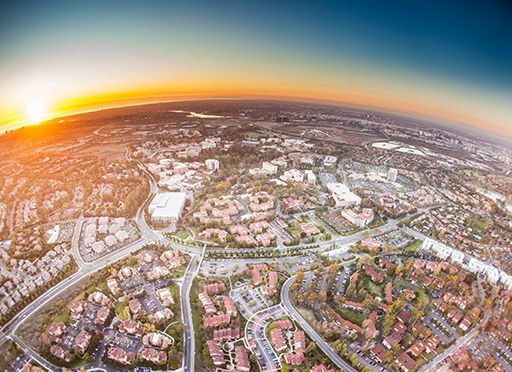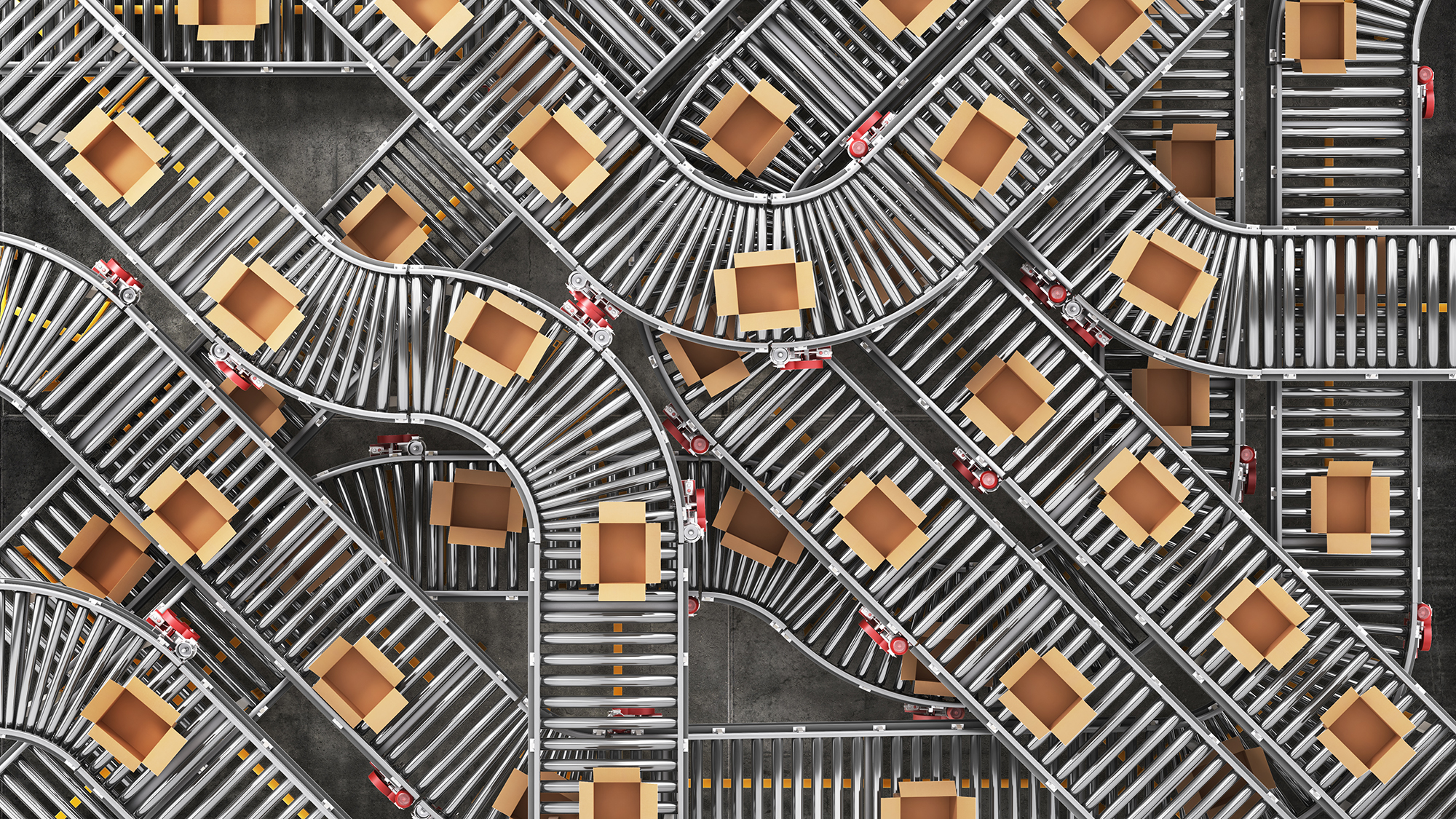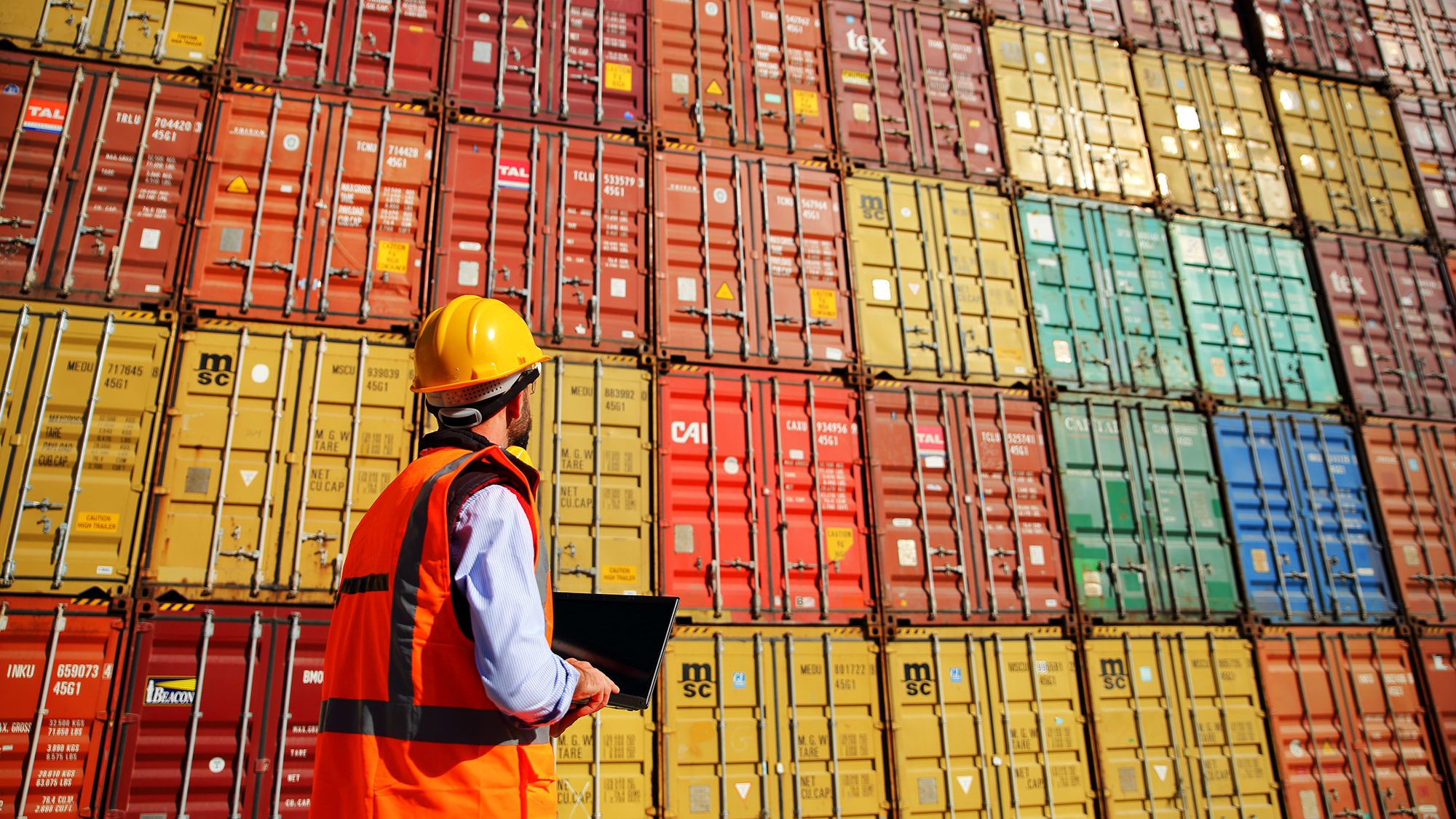A Year in Interviews: Part I
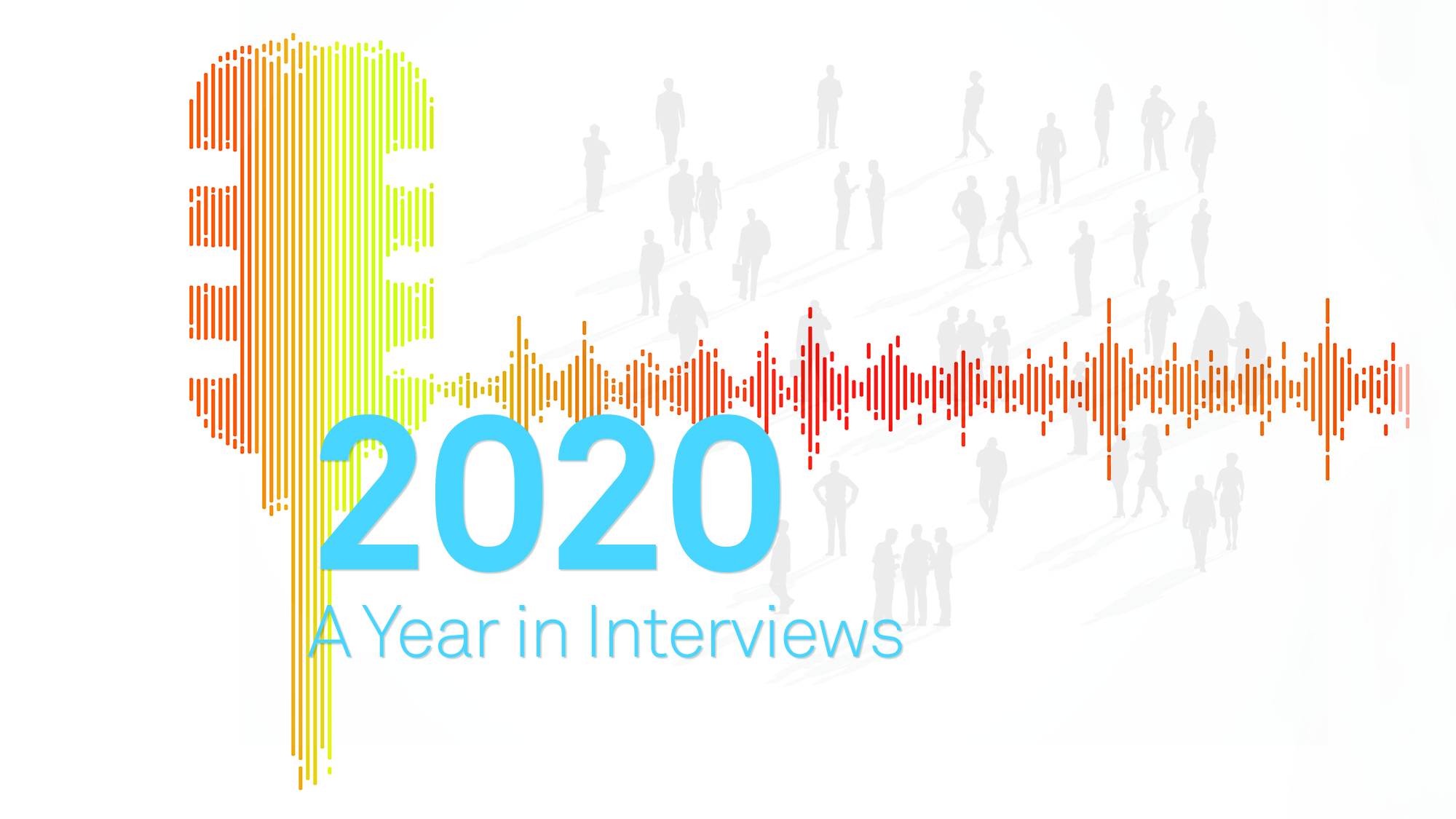
From economists to leadership experts, and from computer scientists to China specialists, getAbstract was privileged to take deep dives into many authors’ areas of expertise and put their work into a broader context. Naturally, COVID-19 formed the backdrop of many of our discussions – but our conversations were about much, much more. Here’s a concise overview:
1. The Growing Gap Between Rich and Poor Is Leading to a Rethink About the Role of Government.
Economic inequality is widening – also in the advanced economies of the West. Besides technological changes, free trade policies and government deregulation are often mentioned as some of the main drivers of the growing wealth gap – despite the promise that these very policies would lead to prosperity for all.
New York Times economics writer Binyamin Appelbaum wanted to understand the ideas that shaped our current economic world. Looking at the last half-century, Appelbaum sees an obvious path from the economics of Milton Friedman, Arthur Laffer and others, to today’s disgruntled masses.
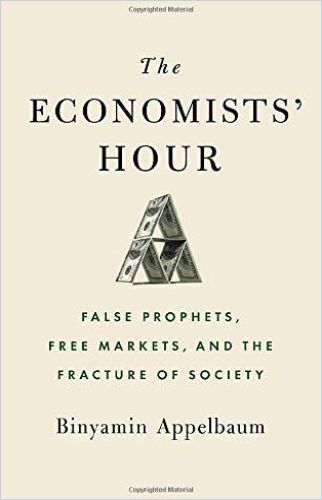
In his interview with getAbstract, Appelbaum explains that the hands-off approach to economic policymaking that these influential thinkers advocated has fundamentally changed the way economists and politicians see the role of government today:
They stopped trying to fight against inequality. They’ve essentially given up. The result is that life stops getting better for most Americans. It’s tremendously consequential.
Binyamin Appelbaum
But people don’t just care about their economic well-being. They also care about liberty – the ability to make their own choices in life. The latter is what MIT professor of economics Daron Acemoğlu was interested in when writing his latest book, The Narrow Corridor, together with best-selling co-author James A. Robinson.
When it comes to ensuring liberty, society and the state must find a sweet spot between too much and too little state power, Acemoğlu told getAbstract. He refers to this Goldilocks state as “the narrow corridor”:
It is in this corridor, where both states and societies are strong, that the preconditions of liberty are laid.
Daron Acemoğlu
Traditional development economics used to highlight the important role of government in building up physical infrastructure to spur economic development. Clayton M. Christensen, Efosa Ojomo and Karen Dillon offer a contrarian argument in their book, The Prosperity Paradox:
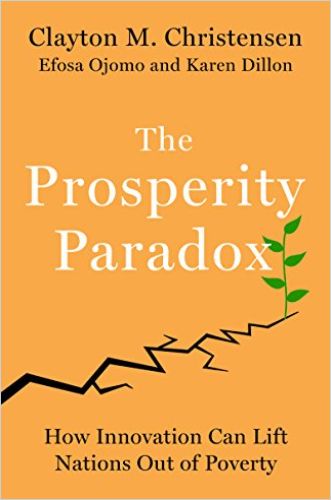
The real road to prosperity, the authors argue, lies in building creative, profitable businesses. In their interview with getAbstract, they point to China and, to a lesser extent, India, as case studies: The two countries made the biggest strides in lifting people out of poverty by unleashing the entrepreneurial spirit of their people. As innovation expert Christensen, who sadly passed away a few weeks after our interview, put it:
When the foreign aid industry primarily focuses on empowering entrepreneurs in a country, it will win the fight against poverty.
Clayton M. Christensen
2. China’s Global Influence Is Only Growing. It’s Imperative to Come to Grips with Its Motivations and Tactics.
China’s global role is growing as the country has been systematically expanding its economic and political influence in the world.
Some observers have been holding out the hope that as China’s global influence grows, it will become more accepting of open global economic rules and institutions, as well as democratic norms. Others have pointed to China’s shift toward increased authoritarianism at home and belligerence abroad.
China experts Clive Hamilton and Mareike Ohlberg argue in their book that today’s Beijing employs many of the propaganda techniques used by Soviet-era Moscow. Xi Jinping and the Chinese Communist Party despise dissent, crave control, steal compulsively and manipulate rivals at home and abroad. The West, they argue, must accept and adapt to this reality:
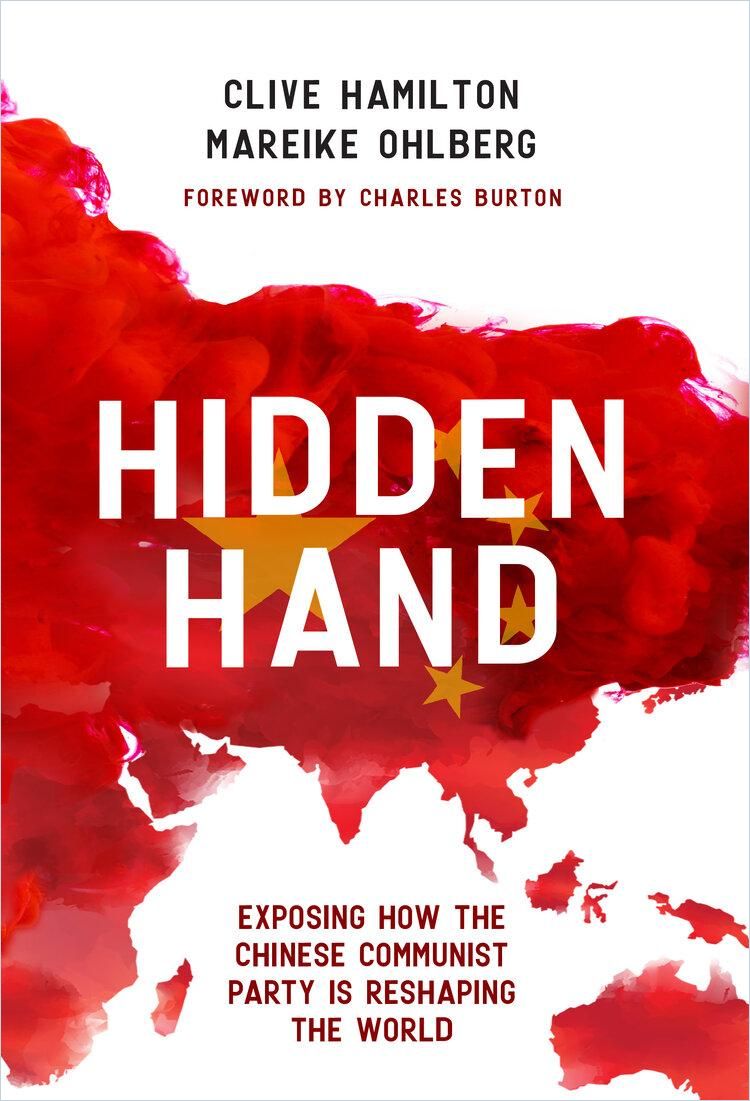
In her interview with getAbstract, Mareike Ohlberg elaborates on the book’s thesis, stressing the need for the United States and Europe to come to grips with China’s intentions and tactics, and present a united front to counter Chinas’ global ambitions.
Europe does not want to part with the idea of somehow changing China through commitment. In my view, there is still a lack of awareness that it is incredibly difficult to get the Chinese Communist Party to do something it does not want to do.
Mareike Ohlberg
While for Ohlberg, even a seemingly apolitical infrastructure megaproject like the Belt and Road Initiative is designed to achieve geopolitical ends by drawing participating countries into the Chinese orbit, the economist Branko Milanović sees the initiative in a more positive light. In his interview with getAbstract, he emphasizes the economic importance of these infrastructure projects to poor countries that have been neglected by Western institutions tying development aid to political conditionality.
Milanović believes that the economic rise of China can make the West more competitive by having it refocus its policies on economic growth. Competition from China, which promotes an alternative economic model to Western-style capitalism, offers a way for the West to become a better version of itself:
When capitalism is the only “game in town” as is the case since 1989, the danger is that the system will begin to react like every company or individual when it has no competition: It becomes self-centered, conceited, and lets its bad characteristics come to the fore.
Branko Milanović
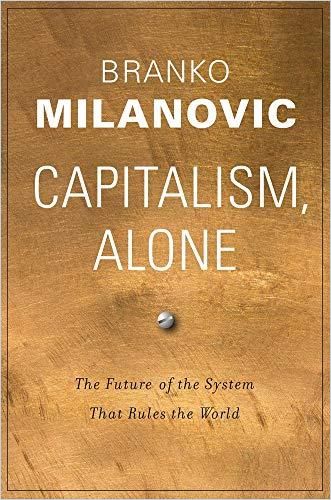
3. COVID-19 May Spur a Rethink About Climate Change.
The COVID-19 pandemic is the first global crisis that the world acknowledges as a “shared crisis,” argues best-selling author Jared Diamond in his interview with getAbstract. The experience may prompt world leaders to start tackling other pressing global issues in the same spirit:
I hope that, just as COVID-19 will motivate the world to adopt a global approach to this world problem, it will also serve as a model by motivating the world to adopt a global approach to solving the world crises of climate change and resource depletion and inequality. If that prediction of mine proves true, then the COVID-19 crisis will have a silver lining: For the first time in world history, a global pandemic will have created a model of shared motivation among the world’s people to solve a world problem.
Jared Diamond
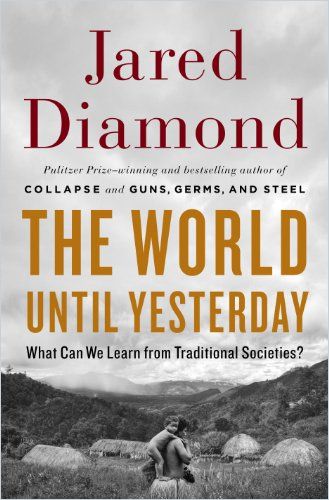
Rob Dietz, program director at the Post Carbon Institute, told getAbstract that the COVID-19 crisis has the potential to spark a rethinking about our values and way of life – and the way growth beyond limits is destroying our planet:
There are plenty of people who want something “abnormal” – something better than an unexamined return to doing what we were doing before the pandemic.
Rob Dietz
In the interview, Dietz outlines his vision of a steady-state economy – an economy that meets human needs without overshooting the bounds of nature.
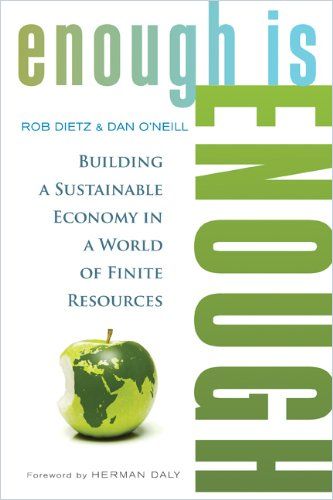
Epidemiologists have warned us for years about the threat of a pandemic like COVID-19. Now that a global pandemic has become a reality, people may be more prone to take other warnings from scientists – especially warnings pertaining to climate change – more seriously, argues Nobel Laureate Esther Duflo. Since the start of the pandemic, Duflo told getAbstract, the Green Party in France has seen a boost in municipal elections like never before:
Human psyche suffers from projection bias: As long as things are not broken, you cannot imagine that they might be one day. What we have seen in this crisis is that it’s not that epidemiologists were not telling us that there would be a pandemic one day. The problem is that nobody paid attention.
Esther Duflo
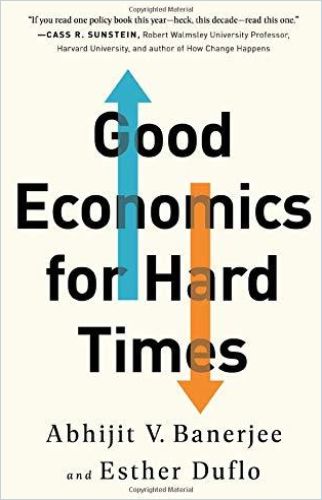
Proceed to A Year in Interviews: Part II.

